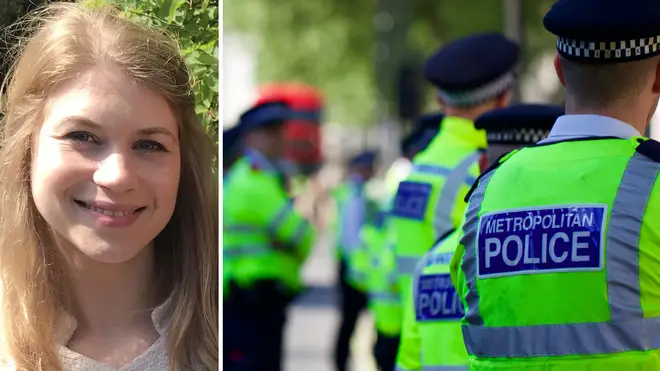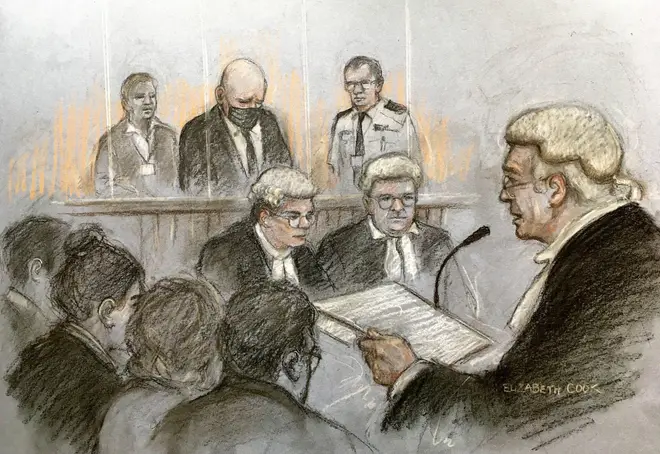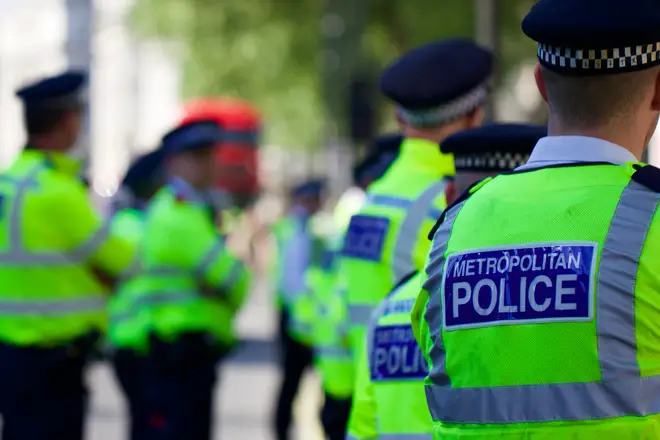On Air Now
Heart Breakfast with JK and Amanda Holden 6:30am - 10am
30 September 2021, 16:48 | Updated: 30 September 2021, 16:58

As the court heard that former police officer Wayne Couzens pretended to arrest Sarah Everard before he raped and murdered her, we dig deeper into what your rights are if you're stopped in the street.
Former police officer Wayne Couzens was sentenced to a whole-life prison term today for the kidnap, rape and murder of 33-year-old Sarah Everard in March this year.
This week, a court heard how Couzens had pretended to arrest Sarah while she walked home that evening, "handcuffing her and showing his warrant card".
Prosecutor Tom Little QC said that the fact Sarah was walking home from a friend's house during lockdown may have been used as Couzens' twisted story to kidnap her.
As the horrific details of the murder of Sarah Everard are unearthed, we explain what your rights are if you are stopped in the street by police.

Police do not have the power to stop you unless one of the following is true:
Under police 'stop and account' rules, the police can ask what you are doing, why you are in the area, where you are going and what you are carrying.
You usually have the right to walk away from the police officer and refuse questions.
They do not have the power to force you to stay and you can't be searched or arrested simply because you won't answer their questions.
There is only one situation in which you will be required to answer the police's questions, and it occurs when they have reason to believe you have engaged or are engaging in anti-social behaviour.
If asked your name and address, you must answer these questions.

Former Met Police chief superintendent Parm Sandhu told Good Morning Britain to do the following if you're concerned about an arrest:
She added: "This cannot carry on forever, it's a short-term solution - we've got to get that trust and confidence back - but in the short-term they're easy steps to verify you're being stopped legitimately."
Police are required to do the following if you are arrested:

If you believe you have been wrongly treated during a 'stop and account', you can ask the officer if they are making a record of the exchange.
If they are, you can ask for a copy which can help when making a formal complaint.
Most of the time, a police officer can exercise their powers at any time, and as soon as they use their powers they are classed as being 'on duty'.
If they are not dressed in uniform, they must show their warrant card to you and identify themselves.